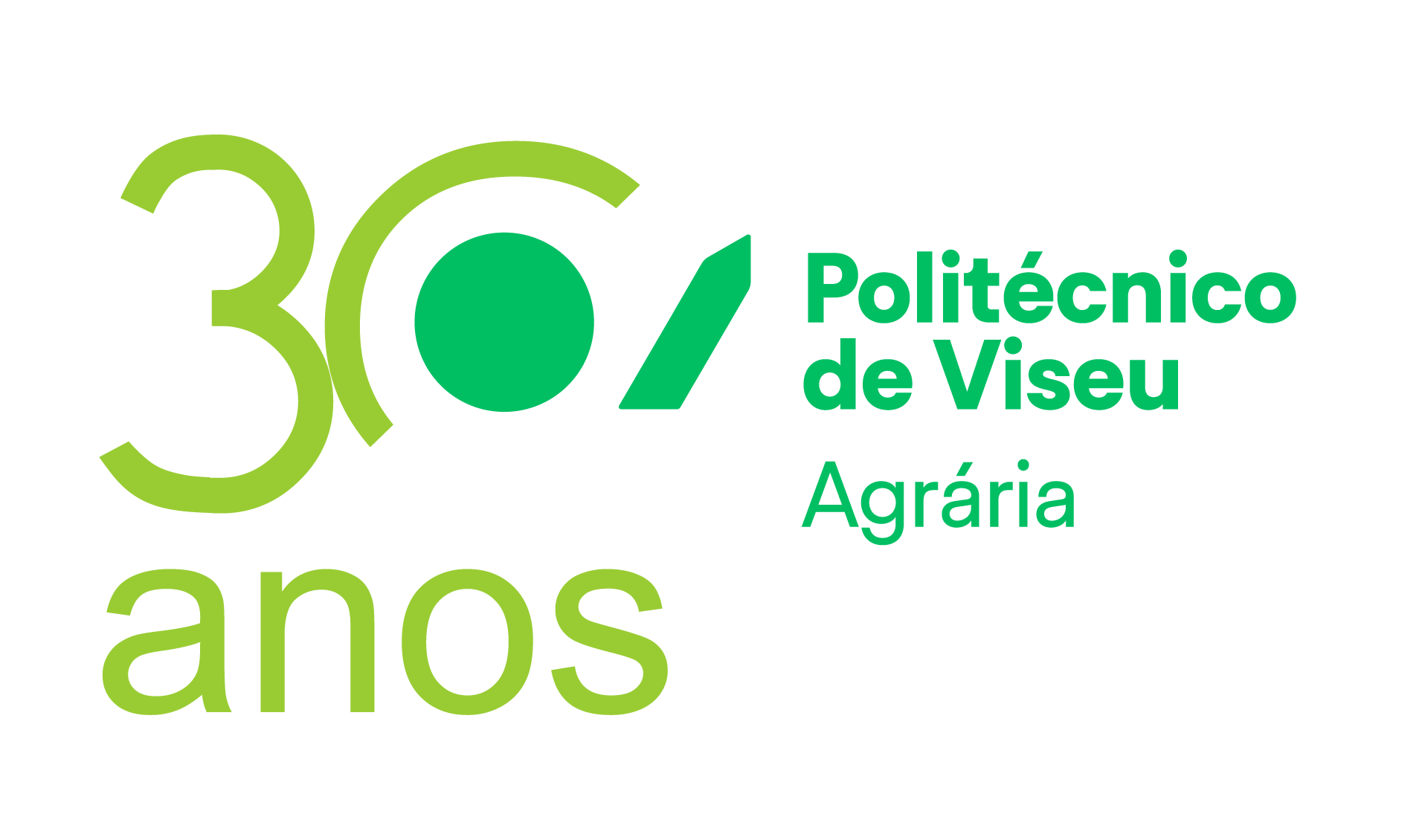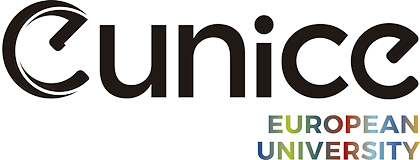Zootechnical Engineering
Objectives e Skills
Train qualified technicians with technical and scientific capacity to be able to provide services in the various aspects of Animal Science, having to be able to:
- interpret, execute, implement projects and make decisions with autonomy;
- apply new technologies in animal production;
- obtain high quality products that meet the needs and preferences of consumers;
- plan, design and guide activities in animal production companies,
- integrate the concepts of sustainable animal production, animal welfare and environmental sustainability into the activity;
- integrate products into distribution and commercialization chains, employing marketing and entrepreneurship strategies.
The future graduate will have skills in several areas such as: animal production; animal reproduction; animal nutrition; genetics and animal improvement; livestock installations and equipment; animal behavior and welfare; biosecurity; transformation of animal products and management of livestock farms.
Curricular Year - 1st
| Curriculum Unit | Scientific Field |
Regime | Work Load (hours) | Credits | |
| Total | Contact | ||||
| 1st Semester | |||||
|
CV |
Semestrial |
130 |
T -2; PL -2 |
5 |
|
|
CF |
Semestrial |
130 |
T -2; TP -2 |
5 |
|
|
CV |
Semestrial |
130 |
T -2; PL -2 |
5 |
|
|
ER |
Semestrial |
143 |
T -2; PL -3 |
5,5 |
|
|
MI |
Semestrial |
130 |
T -2; TP -2 |
5 |
|
|
CA |
Semestrial |
117 |
T -2; PL -2 |
4,5 |
|
| 2ºSemestre | |||||
|
CQ |
Semestrial |
130 |
T -2; PL -2 |
5 |
|
|
CV |
Semestrial |
143 |
T -2; PL -3 |
5,5 |
|
|
ER |
Semestrial |
117 |
T -2; PL -2 |
4,5 |
|
|
MI |
Semestrial |
130 |
T -2; TP -2 |
5 |
|
|
CA |
Semestrial |
130 |
T -2; PL -2 |
5 |
|
|
CV |
Semestrial |
130 |
T -2; PL -2 |
5 |
|
Caption: T — Theoretical; TP —Theoretical/Practical; PL — Lab Practice; TU — Tutorials; OT – Internship
Curricular Year - 2nd
| Curriculum Unit | Scientific Field |
Regime | Work Load (hours) | Credits | |
| Total | Contact | ||||
| 1st Semester | |||||
| Aquaculture and Fishery Resources | CA | Semestrial | 130 | T -2; PL -2 | 5 |
| Economics and Rural Management | EASR | Semestrial | 130 | T -2; TP -2 | 5 |
| Animal Facilities and Environmental Control | ER | Semestrial | 143 | T -2; TP -3 | 5,5 |
| Compound Food Technology | CA | Semestrial | 117 | T -2; PL -2 | 4,5 |
| Grass and Forage | CAg | Semestrial | 130 | T -2; PL -2 | 5 |
| Vegetable Production | CAg | Semestrial | 130 | T -2; TP -2 | 5 |
| 2ºSemestre | |||||
| Genetics and Biotechnology | CB | Semestrial | 91 | TP-3 | 3,5 |
| Animal Improvement | CA | Semestrial | 91 | TP -3 | 3,5 |
| Pathology of Infectious Diseases | CV | Semestrial | 130 | T -2; TP -2 | 5 |
| Sanitary Inspection and Slaughter Techniques |
CV | Semestrial | 117 | T -2; PL -2 | 4,5 |
| Beekeeping and Zoos | CA | Semestrial | 130 | T -2; PL -2 | 5 |
| Parasitology | CV | Semestrial | 130 | T -2; PL -2 | 5 |
| Animal Behaviour and Welfare | CA | Semestrial | 91 | TP -3 | 3,5 |
Caption: T — Theoretical; TP —Theoretical/Practical; PL — Lab Practice; TU — Tutorials; OT – Internship
Curricular Year - 3rd
| Curriculum Unit | Scientific Field |
Regime | Work Load (hours) | Credits | |
| Total | Contact | ||||
| 1st Semester | |||||
| Cuniculture and Hunting Species | CA | Semestrial | 130 | T -2; PL -2 | 5 |
| Swine Production | CA | Semestrial | 91 | PL -3 | 3,5 |
| Poultry Production | CA | Semestrial | 143 | T -2; PL -3 | 5,5 |
| Cattle Production | CA | Semestrial | 143 | T -2; PL -3 | 5,5 |
| Sheep and Goat Production | CA | Semestrial | 143 | T -2; PL -3 | 5,5 |
| Animal Waste Management | ER | Semestrial | 130 | T -2; PL -2 | 5 |
| 2nd Semester | |||||
|
CAg |
Semestrial |
130 |
T -2; PL -2 |
5 |
|
|
CTA |
Semestrial |
130 |
T -2; PL -2 |
5 |
|
|
In any scientific field |
Semestrial |
560 |
OT -1,3 |
20 |
|
Caption: T — Theoretical; TP —Theoretical/Practical; PL — Lab Practice; TU — Tutorials; OT – Internship
Employment
- Associations, organizations or cooperatives in the agricultural and livestock sector;
- Inspection assistants at slaughterhouses;
- Commercialization of equipment and animal production ;
- Design and installation of companies in the agricultural and livestock sector;
- Quality control;
- Agricultural entrepreneurs;
- Animal derivatives companies;
- Technical and consultancy offices;
- Agricultural and livestock production industries;
- Agro-food processing industries;
- Research, experimentation and development;
- State, regional and local administration or institutions connected to the agricultural and livestock sector;
- Natural parks;
- Service providers in the agricultural and cattle sector;
- Technicians in animal nutrition and feeding.
COURSE:
Zootechnical Engineering
Training Field:
Agriculture and Animal Prodcution
Degree or Diploma:
Bachelor (1st Cycle)
Duration:
3 curricular years / 6 semesters
Departament:
Departamento de Zootecnia, Engenharia Rural e Veterinária (DZERV)
Director:
Catarina Manuela Almeida Coelho
Regime:
Diurnal
Number of ECTS credits:
180 ECTS
Main Scientific Field
Animal Science
Admission Requirements:
Physics and Chemistry(07) + Mathematics(16) or Biology and Geology(02) + Mathematics(16)
Course Code/Ner:
3185 / 9129
Employment:
Statistic Information: InfoCursos ou DGEEC
Curso Registado na Associação Nacional dos Engenheiros Técnicos (ANET)
Course Assessment/Accreditation - A3ES
Decision:
Accredited (6 years) | 14-01-2016
Report CAE: Relatório
consultar deliberação da A3ES
SIGQ Annual Report:
Self-Assessment Report:
Relatório
The passion for bees began at the Escola Superior Agrária de Viseu. Engineer Rafael Guimarães graduated in Zootechnical Engineering in 2013 and today he is a recognized technician in the beekeeping sector!


